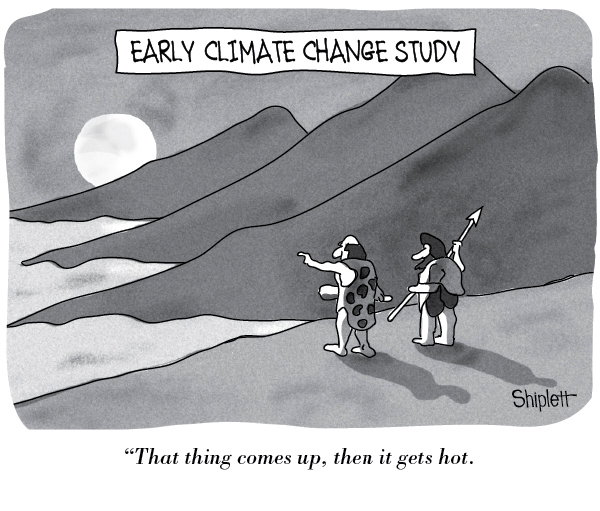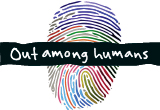 Their lives were controlled by the god that supplied their heat and light.
Their lives were controlled by the god that supplied their heat and light.
It dictated when they would plant and pick. They tracked the phases of the moon, and used the constellations to navigate home safely.
Around the Third Century BC, a Greek named Pythagoras speculated that the Sun is the center of the known universe. His ridiculous idea fell on deaf ears. And as for Earth being a sphere? They laughed.
Two millennia later Isaac Beeckman observed that we see the sun through something that has substance and presses down on us. Oxygen was identified as air’s most abundant element in the 1770s. Again, there were doubters aplenty.
We now know sunshine warms our planet using a short wavelength and that heat radiates back out at night with a longer wavelength. Not everyone agrees that excess ‘greenhouse gases’ trap those longer rays and allow less heat to escape.
There have always been those who distrust science.
Galileo was forced to denounce his heliocentric ‘heresy’ and spend the rest of his life under house arrest. In the 1800s surgeons refused to wash their hands, fearing people would blame them for spreading diseases.
You’re free to deny the sun will rise tomorrow but the Theory of Probability says otherwise — we’re able to predict to a nanosecond when the sun will break the horizon.
This coming Sunday morning at 04:19 (GMT), the Earth’s annual swing around the Sun will reach its solstice. We’ll see the shortest day of the year in the Northern Hemisphere and the exact opposite in the south.

peter Ferry
Lovely.
Pat Shiplett
Thanks, Peter. I look forward to your reading at the Evanston Public Library, 2pm, Jan 12. I’m a fan.